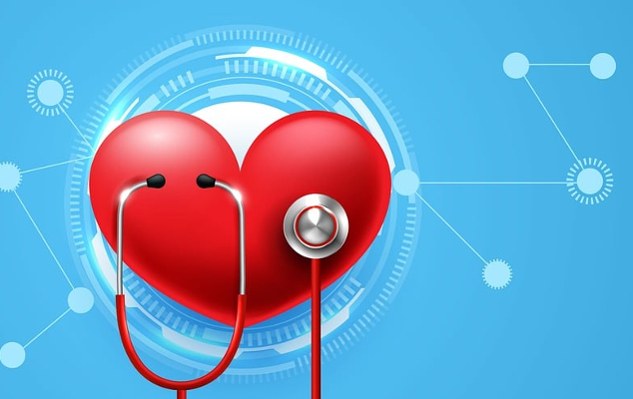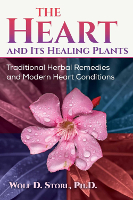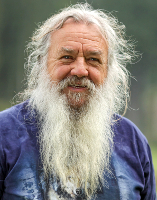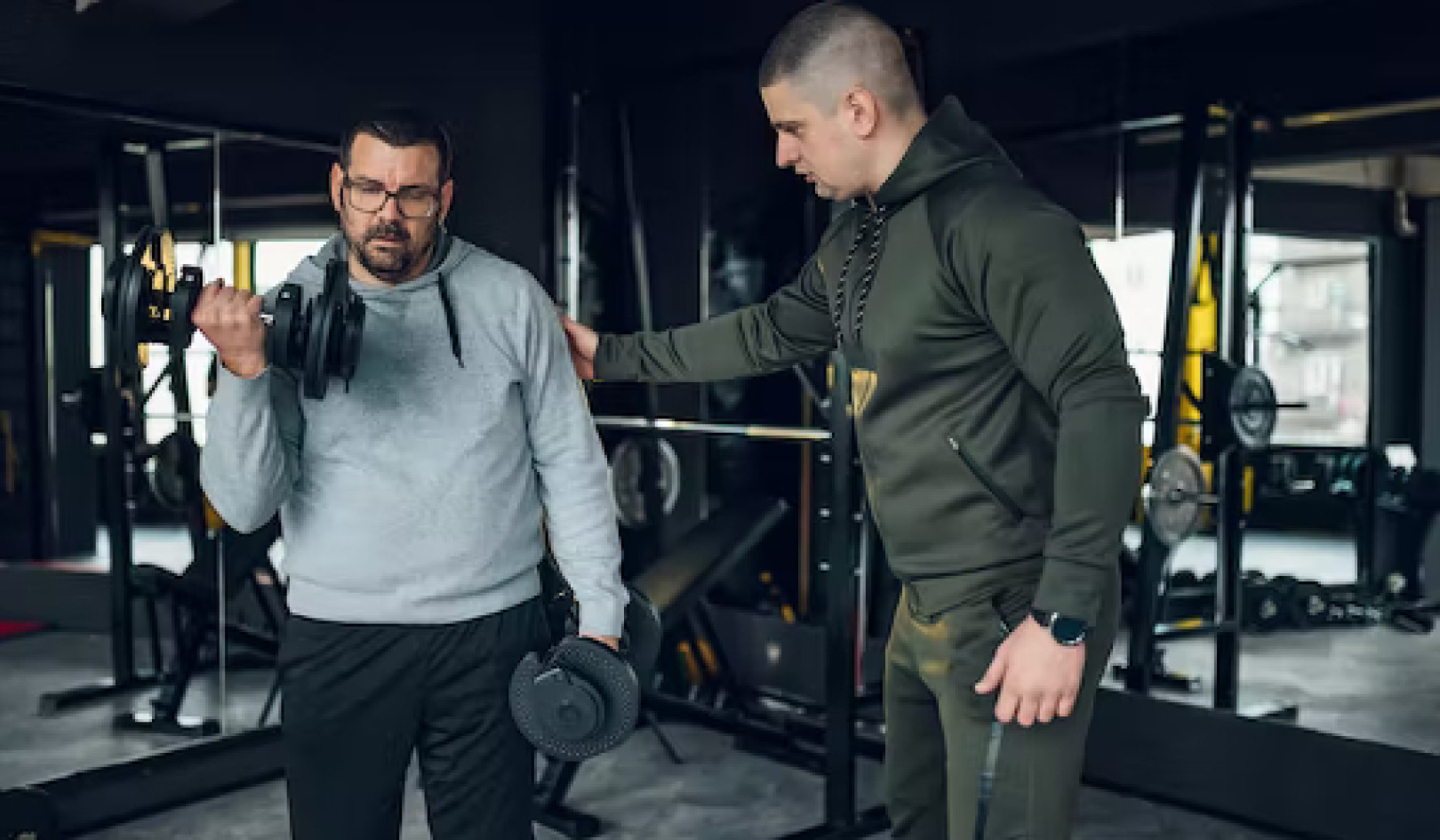
Image from Pixabay
Some years ago, a heart-transplant procedure was shown on television. Viewers could see how the beating heart was operated out. At the same time, a donor heart—thoroughly chilled and temporarily immobilized with a potassium chloride injection—was on its way by special delivery. Would the helicopter arrive on time? The concern of the specialists was that too many heart cells could die during transit. The patient, a nine-year-old boy, was connected to an artificial heart machine and in a deep coma. For a very brief period, he was literally “heartless.”
Finally, the cold heart arrived. The surgeons wasted no time transplanting it. The donor heart began to beat. The operation was successful. An elderly doctor brought the redeeming message to the parents, who had been waiting, desperately hoping, and going through a grueling time in the waiting room: “The child is alive,” said the angel of mercy in white with a thin-lipped, sympathetic smile. The best medical system of all time had, yet again, not been a letdown.
The Recipient's Personality Change
Two physicians involved in heart transplants became aware of some strange phenomena. Dr. Paul Pearsall, a psychologist and specialist in neuroimmunology, and Dr. Gary Schwartz, professor of psychology and neurology at the University of Arizona, both noticed—independently of one another—that many of the patients with a new heart underwent a personality change. They took on many of the emotional qualities of their donors.
It seems that there is a heart intelligence, as if the heart somehow stores memories. Here are some examples (Schwartz and Russek 1999; Sylvia 1997; Pearsall 1999):
◆Pearsall reported that a woman who was relatively cold and dispassionate in bed before surgery became a nymphomaniac after her heart transplant. It turned out that the donor who had been killed in an accident had been a prostitute.
◆A girl whose heart donor had been murdered kept dreaming of “her” murder in such clear detail that with her help the murderer could be found.
◆A man with a donor heart tenderly called his wife by another name during sex; it turned out to be the name of the donor’s wife.
◆A former vegetarian developed a taste for beer, chili peppers, and chicken nuggets after the operation. As it turned out, these were the favorite foods of the heart donor. Another woman, a militant lesbian who had formerly enjoyed flipping hamburgers at McDonalds, suddenly loved men and became a vegetarian after receiving a new heart.
◆Bill W., a businessman from Phoenix, was completely disinterested in sports before his heart surgery. When he recovered after the procedure, he became an avid extreme-sports athlete. The heart donor had been a stuntman killed in an accident, whose leisure activities had been freestyle climbing and skydiving.
◆An English truck driver named Jim, who did not care much for reading and writing and had barely graduated high school with bad grades, started writing long poems after he had a new donor heart. The heart donor had been a writer.
◆A woman hated violence so much that she would even leave the room when her husband watched football. After her cardiac surgery, she not only watched football with enthusiasm but also began to curse like a sailor. Her heart donor had been a professional boxer.
◆Following his heart surgery, a forty-seven-year-old man began to enjoy classical music and often spontaneously hummed classical melodies that he had never heard before. His heart donor was a seventeen-year-old violinist who been run over after a concert and died.
◆Jerry was sixteen months old when he died, and his heart was given to Carter, whose age was almost identical to his own. When Carter was six years old, he met Jerry’s parents. It was like he knew them. He ran up to Jerry’s mother, hugged her, and rubbed his nose against hers just as Jerry had done. When she started to cry, he whispered to her: “It’s okay, Mama.” Then he hugged Jerry’s father and called him “Daddy.”
◆A boy who got the heart of a drowned man developed a fear of water. Before the surgery, he was an enthusiastic swimmer.
These are just a few of the many examples of strange changes in behavior, as well as in the likes and dislikes, of those who have had a heart transplant. The physicians in charge try to ignore such mystical issues, which, of course, do not fit into their materialist worldview at all. But now researchers like Paul Pearsall, Gary Schwartz, and Linda Russek are studying these strange phenomena in more detail (Pearsall, Schwartz and Russek 2002, 191–206).
Pearsall, Schwartz, and Russek concluded that the observed changes in behavior and preferences could not be coincidences; it just happens too often, and the details are too precise. Sometimes organ recipients discovered the donor’s identity in an almost magical way, through unusual coincidences or lucid dreams.
The Heart Remembers
The heart remembers everything that moves it in life. For this reason, it makes sense that when one surgically removes the heart organ and transplants it in another person, the life experiences and heart memories of the former owner continue to resonate.
It is no wonder that, as described above, many personality patterns can be transferred onto the recipient of the new organ. It seems practically inevitable. From the reports of those who have had transplants, we recognize that each body organ, not just the brain, is a carrier of consciousness.
The function of the brain is simply to bring memories into everyday consciousness. In this sense, it is a mirror that reflects the deeper experiences—heart experiences, lung experiences, spleen experiences—much like the moon reflects the light of the sun.
This makes the utterances of organ-transplant patients, such as the following, understandable:
“I began to feel that the spirit or personality of my donor lived on in me to some degree.”
“Sometimes I had the feeling that there was somebody else in me and with me, and that in some sort of indeterminable way, my ego-sense became a kind of ‘we.’”
“While I was not always aware of this extra presence, sometimes it felt like sharing my body with a second soul.”
Communication from the Deceased Donor
Dr. Pearsall reported that an eighteen-year-old heart donor who had died in a car accident had always liked writing poetry and songs. One year after the accident, his parents looked through the things he had left behind and found a song titled “Danny, My Heart Is Yours.” In the song he talks about how he will die early, and his heart will be given to someone else.
Indeed, the eighteen-year-old organ recipient’s name was Danielle. She reports: “When they showed me pictures of their son, I knew him directly. I would have picked him out anywhere. He’s in me. I know he is in me, and he is in love with me. He was always my lover, maybe in another time somewhere. How could he know years before he died that he would die and give his heart to me? How would he know my name is Danny?” (Pearsall, Schwartz, and Russek 2002, 194).
William Baldwin, a psychologist and reincarnation therapist, puts clients who have a transplanted organ into a light trance and lets them speak. Often, the dead organ donor expresses himself through the recipient. The psychologist writes: “The soul of the organ donor can follow the transplanted organ into the new body.”
He describes the case of Alex, from whom several donor organs were taken and who had the following words: “My kidneys went one way, my liver went another way, and my heart somewhere else. I followed my heart because that’s where I live” (Baldwin 2003, 8–9).
Copyright 2024. All Rights Reserved.
Adapted with permission of the publisher,
Healing Arts Press, an imprint of Inner Traditions Intl.
Article Source:
BOOK: The Heart and Its Healing Plants
The Heart and Its Healing Plants: Traditional Herbal Remedies and Modern Heart Conditions
by Wolf-Dieter Storl Ph.D.
 Renowned ethnobotanist Wolf D. Storl, Ph.D., examines traditional understandings of the heart from early European cultures and indigenous peoples as well as a wealth of plants used in both ancient and contemporary times to treat heart conditions and ailments. He examines what makes the heart sick, including different healing paradigms used to address the causes. He also looks at how time is perceived by the heart and how the modern epidemic of heart disease can be linked to our culture’s pervasive disconnection from nature’s rhythms.
Renowned ethnobotanist Wolf D. Storl, Ph.D., examines traditional understandings of the heart from early European cultures and indigenous peoples as well as a wealth of plants used in both ancient and contemporary times to treat heart conditions and ailments. He examines what makes the heart sick, including different healing paradigms used to address the causes. He also looks at how time is perceived by the heart and how the modern epidemic of heart disease can be linked to our culture’s pervasive disconnection from nature’s rhythms.
Sharing a holistic view of the heart—and heart disease—this book reveals new ways to heal the heart by recognizing its integrated role in our physical, emotional, and spiritual wellness.
For more info and/or to order this book, click here. Also available as a Kindle edition.
About the Author
 Wolf D. Storl, Ph.D., is a cultural anthropologist and ethnobotanist who has taught at Kent State University as well as in Vienna, Berne, and Benares. He is coauthor of Witchcraft Medicine and author of more than 30 books on indigenous culture and ethnobotany in German and several in English. He lives in Germany.
Wolf D. Storl, Ph.D., is a cultural anthropologist and ethnobotanist who has taught at Kent State University as well as in Vienna, Berne, and Benares. He is coauthor of Witchcraft Medicine and author of more than 30 books on indigenous culture and ethnobotany in German and several in English. He lives in Germany.
Visit the Author's Website: https://www.storl.de/english-books-by-wolf-d-storl/
More books by this Author.





















